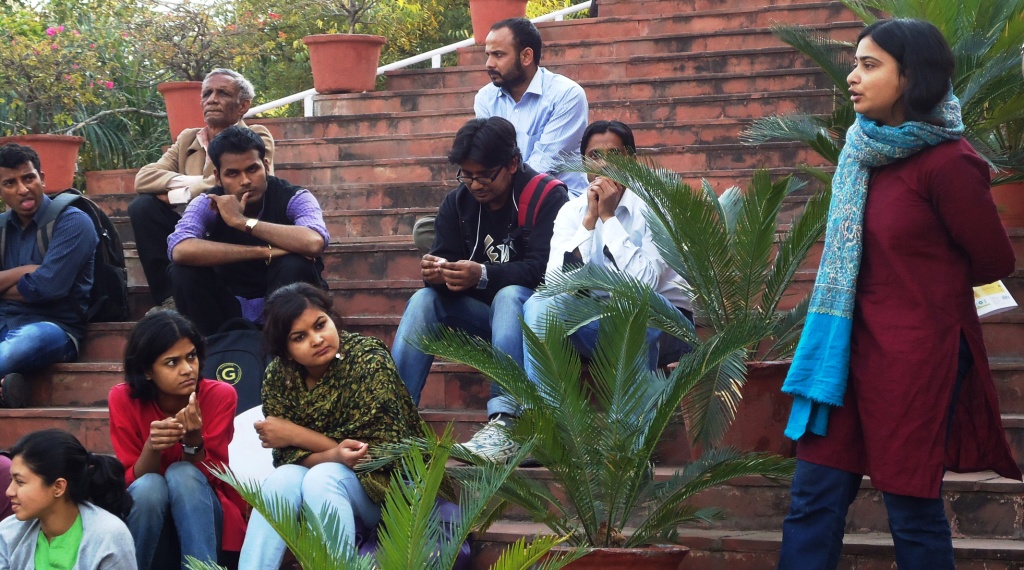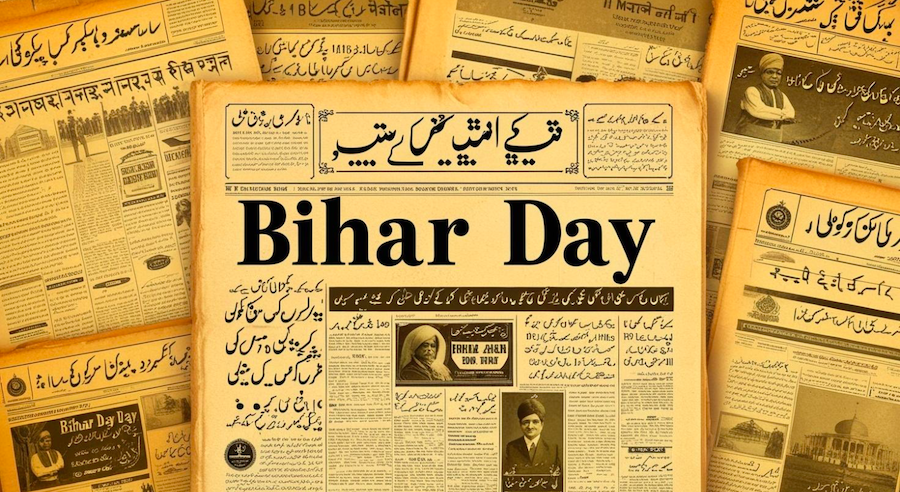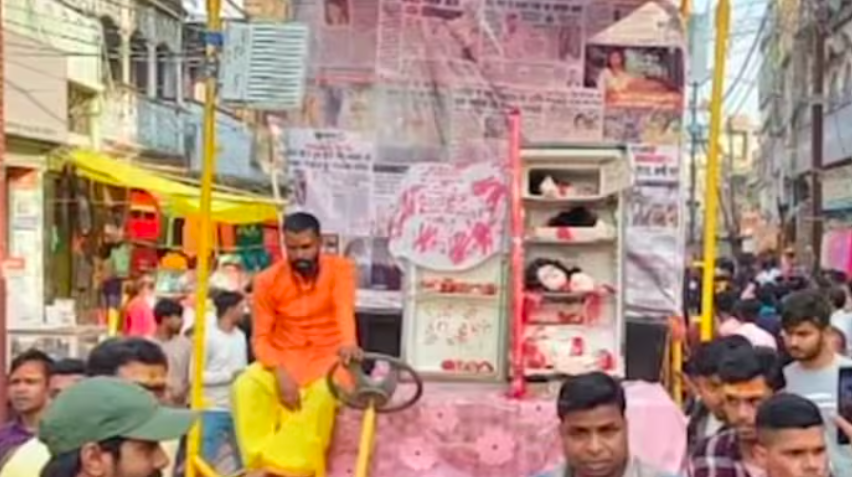Zafrus Salam, BeyondHeadlines
We have been living in a syncretic society since ages where people live in a communal harmony. Over the last two-decade the Communal Parties have not only injected communal poison in the mind of common people, but also have saffronized Govt. as well as Educational Institutions.
Jawaharlal Nehru University which has been the most democratic and secular educational institution in India throughout has come under the influence of the Hintdutva brigade. The representation of students from all section of the societies especially the oppressed sections lays out the foundations for a true democratization of education. The Sachar Committee report has clearly exposed the economic and educational backwardness of Muslims. Following the Sachar Committee Report, the Justice Ranganath Mishra Committee Recommendations clearly suggested 15% separate reservation for religious minorities in education and employment, of which 10% should be earmarked for Muslims. Needlessly to say, the Indian state is not going to take any measures that can improve the economic and educational backwardness of Muslims. What the state did instead as a poll gimmick was to include 4.5% reservation for religious minorities within the OBC quota, which was opposed by both Muslims and OBC people. The implementation of the separate 10% reservation for Muslims is one of the biggest challenges for all progressive and democratic forces who stand by social justice, which we must fight to ensure in the days to come.
In JNU too, the overall representation of Muslim students is very low if one looks at the center-wise distribution. The voters’ list made available during the recent students union elections shows that Muslim students are concentrated mainly in the centers for Urdu, Persian and Arabic languages, where they number 52%. But excluding these centers, the total number of Muslim students in the rest of the centers comes approximately to a mere 7%. In School of Social Sciences, the percentage of Muslim students is approximately 8%; in School of International Studies, it is approximately 6.6%; in the Science Schools, the integrated total comes around 8.6%; in School of Arts and Aesthetics, it is a mere 2.4%. In School of Language, Literature & Cultural Studies, excluding the aforementioned centers, the strength of Muslim students is a mere 4.3%.
Democratic Students’ Union (DSU), is operating in full swing for the campaign to bring the issue before the student as well the administration.
If the trend continue like that the number of Muslim Student will be very less in coming five years. People those believing in Indian Secularism specially academia must come forward to save the Academic Institution Like JNU.
The views expressed in this article are the author’s own and do not necessarily reflect BH’s editorial policy.









